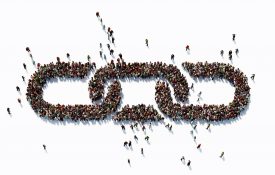-
Public Policies, Made to Fit People
The New York Times: I HAVE written here before about the potential gains to government from involving social and behavioral scientists in designing public policies. My enthusiasm comes in part from my experiences as an
-
A Seat at the Table
Youth violence. Unemployment. Heart disease. Teen pregnancy. Climate change. Practically every challenge facing modern society is fueled in part by entrenched behaviors that science can help understand and perhaps change. Historically, the US government has
-
People Judge Intentional Harms More Severely, Study Finds
The Huffington Post: Was it clearly an accident, or more of a malicious move? How we perceive an action affects how we judge it, according to a new study from Princeton University researchers. For the
-
Intent to Harm: Willful Acts Seem More Damaging
How harmful we perceive an act to be depends on whether we see the act as intentional, reveals new research published in Psychological Science, a journal of the Association for Psychological Science. The new research
-

Trust in Leaders, Sense of Belonging Stir People to Safeguard Common Goods, Analysis Shows
A team of researchers share scientific findings on conditions that foster cooperative use of common resources, ranging from drinking water to public television.
-
The Unintended Consequences of Company Wellness Penalties
The Daily Beast: More and more companies are saying yes—and not only can your company encourage you to get healthy, it can punish you for being overweight, usually by raising your health-care premiums. That’s right—being

